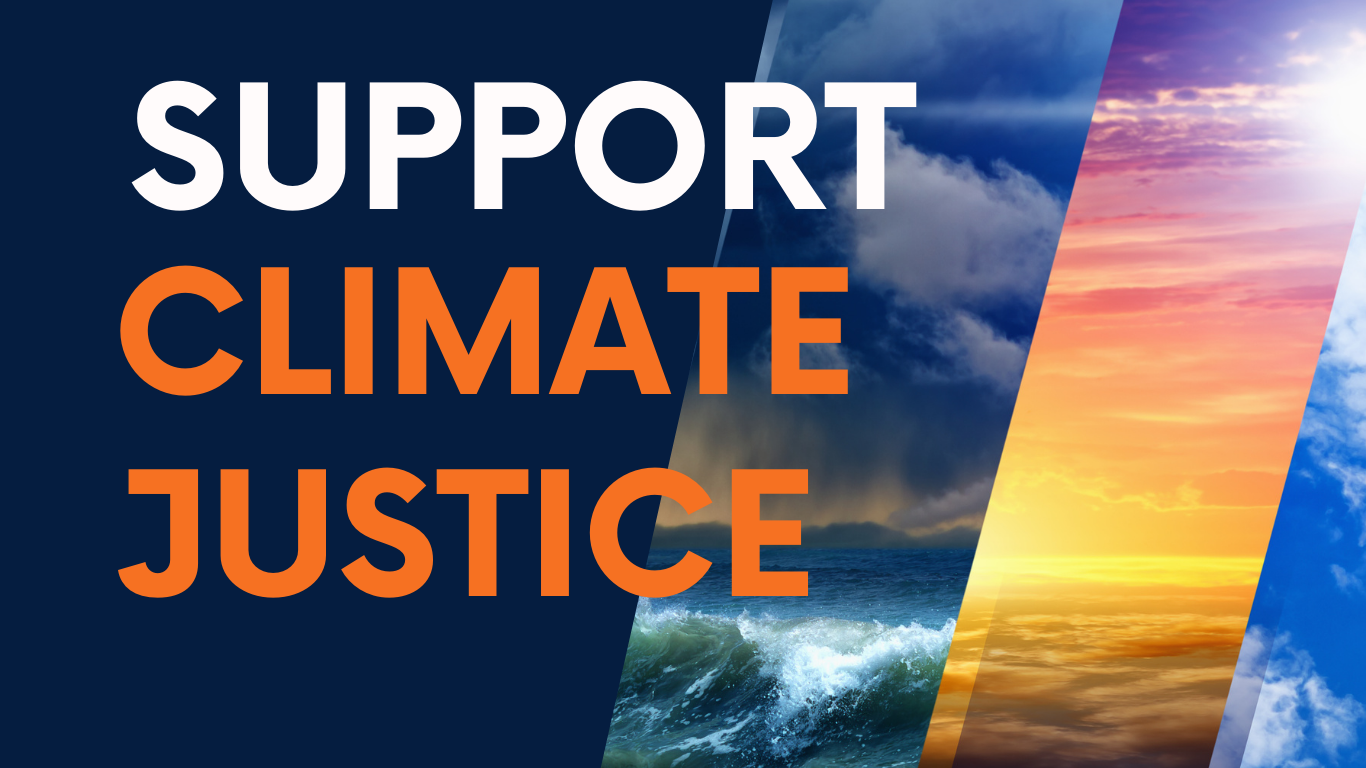The intense heat is compounded as swarms of flies and mosquitoes infest the tents due to an absence of sewage services.
By Shahad Ali , Truthout
Before the war began, summer in Gaza was a season of joy. Families thrived on creating small moments of happiness, even amid daily electricity cuts and the suffocating siege. Many loved to flock to the beach or spend time at the water chalets, hoping to find some refreshing relief from the scorching sun.
They would sit beneath wide umbrellas, spread blankets across the golden beach sand, and share ice cream along with slices of mango and watermelon, all while watching their children swim and splash in the sea. These simple gatherings brought beauty to the season and made it something to look forward to each year.
However, the latest Israeli war on Gaza has turned even these modest pleasures into distant memories. It has erased any sense of joy from summer, transforming it into another season of suffering — marked by starvation, displacement, thirst, and daily killings.
Thousands of Gazans are now living in tents after losing their homes or being forcibly displaced following the expansion of Israeli military operations on April 3, 2025. Many describe summer in these tents as “hell,” as they lack even the simplest means to cope with the intense heat amid a complete electricity blackout.
Most of the tents are made of nylon, offering no protection from the blazing sun. Instead, they trap heat and turn into unbearable ovens. Areej Alkataib, 40, shared that the intense heat has turned her tent into a suffocating grave. “I try to spray water over the nylon from time to time to reduce the heat, but all my efforts are in vain. I always seek refuge outside despite the harsh conditions, as I cannot endure the heat inside,” she told me.
The intense heat inside the tents is only part of the crisis, as swarms of flies and mosquitoes infest these tents as a result of the complete absence of sewage services and the decomposition of accumulated waste, making daily life unbearable. Alkataib described how the insects constantly bother her and bite her children, often keeping them from sleeping. She added that the flies spoil both the food and water. “It’s hard to store anything — I always find insects in the food, no matter how tightly I try to cover it,” she said.
The overcrowded nature of the camps, deprived of even the most basic necessities of life, has intensified the suffering of Gazans during the summer. Most tents are set up with no space between them, leaving people, especially women, with no sense of privacy or personal freedom.
Alkataib shared that she has to keep her hijab on most of the time, which makes her feel hot and uncomfortable — especially when she lights a fire to cook for the children. “The smoke mixed with ash fills the air, and the scorching sun presses down on me,” she said. “Sometimes I feel like I can’t breathe. The heat is overwhelming, and there’s no place to cool down or even catch a breeze.”
Adding to this suffering is the lack of clean water — especially after the Israeli occupation cut off the supply and destroyed the infrastructure used to pump water from wells. Many people are forced to walk long distances and wait for hours under the scorching sun to access water for drinking and daily use. The water they collect often comes from unreliable sources and is stored in unsanitary containers, which leads to the spread of various illnesses, including diarrhea and hepatitis.
The severe water shortage has drastically limited people’s ability to bathe, stay cool, or stay hydrated amid the relentless heat, forcing them to ration every drop carefully. Meanwhile, hygiene supplies — including soap and shampoo — have become increasingly scarce and prohibitively expensive due to the Israeli blockade. A single bar of soap can cost up to $5, while a bottle of shampoo may reach $20. These high prices are particularly frustrating as most of these products are locally made with low-quality ingredients that often cause skin irritations, especially among children.
“The intense heat leaves us drenched in sweat, but with the severe water shortage, we’re only able to bathe once a week — sometimes using seawater,” Alkataib said. “The poor-quality soap we have doesn’t clean or deodorize the body properly. As a result, my children and I have developed skin allergies and inflammations.”
Amid the struggle for water and the intense heat, people in Gaza long for anything cold that might ease their suffering and offer a moment of relief. Treats like ice cream, juice, fruits, or even a glass of iced water have become luxuries we can no longer afford — especially when we can’t even find enough water to quench our thirst or basic food to soothe our hungry stomachs.
The sight of people — including women and children — standing in long lines under the blazing sun, clutching their bowls as they wait for a small portion of food from the few remaining charity kitchens in Gaza, is heart-breaking. Some are pushed and kicked as they struggle to stay on their feet amid the chaos, which, for a moment, resembles a desperate battle for survival.
People in Gaza are exhausted from living this humiliating life that has stripped us of dignity and turned each season into a new chapter of relentless suffering that we cannot endure or cope with. What we ask for is not too much — only the right to live in peace, to feel safe, to provide for our children, and to experience life’s simplest joys. These are basic human needs that have been stolen from us. This cruelty must end.
First published by Truthout.org






